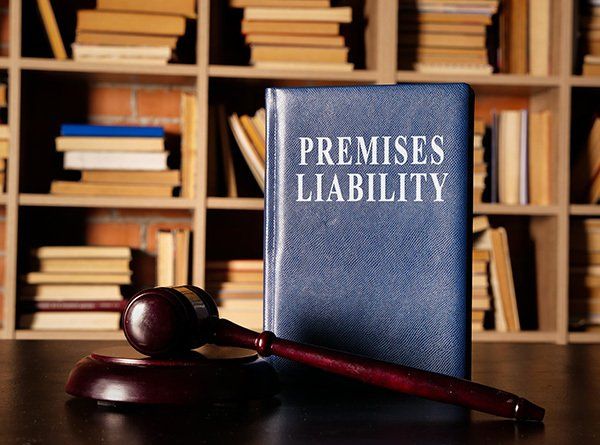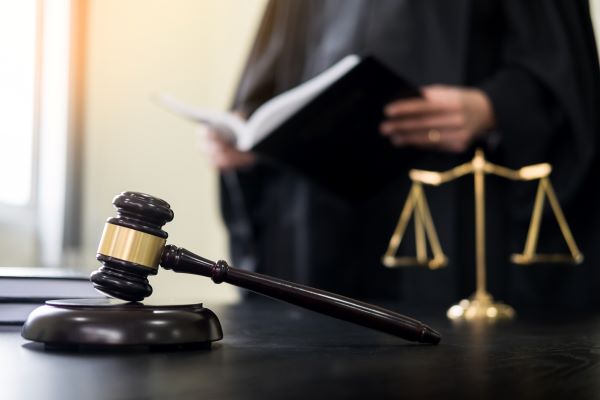Pets provide a lot of enjoyment and comfort to their owners. Your pet is probably…

Premises liability is not the same thing as negligence. If you are injured by a dangerous condition that exists at a property, then your claim falls under the law of premises liability. Compare this with a situation where you were injured by a person’s actions in an unbroken chain of events. That falls under the law of negligence. But wait a minute? Aren’t dangerous conditions caused by people? Yes, they are! And yet the law is different depending on the mechanism of the injury. Let’s talk about it.
Premises liability is not the same as active negligence. Active negligence is where the landowner is aware of the claimant presence and affirmatively undertakes actions that harm the claimant. This matters because of the next topic. If it is a premises liability case, the law imposes three categories of people present on the property. The claim can rise or fall based on the category, and it is not always immediately clear which category applies.
First, premises liability includes three classes of people present at a property. First, the group accorded the most protection is an invitee. Invitees are generally defined as a person who is invited to a business to transact business for the benefit of both the invitee and the premises owner. Think about the economic benefit of a customer’s trip to a grocery store or an amusement park. The customer is present to purchase what the owner is selling. Both receive a benefit.
The invitee is owed a duty to keep the premises reasonably safe or to warn of any dangerous conditions. While this is the highest duty owed under premises liability law, this duty does not make the landowner a guarantor of safety. The claimant must still prove that the landowner breached this duty.
The second group is called licensees. This includes people who are present with permission but not the for the benefit of landowner. If you got permission to fish in your neighbor’s pond, you would be a licensee. A licensee is treated like a trespasser, and the landowner is merely required to refrain from willfully or wantonly injuring the licensee.
The licensee designation is controversial, especially regarding social guests. Under the general rule, social guests at your home must take the premises as they find it and are owed no duty to make the premises reasonably safe. This includes no duty to warn of known dangers. However, Mississippi courts have found invitee status in social guests contexts in more and more cases, depending on the facts of the case. Additionally, licensees may be entitled to more protection if the landowner is engaged in activities at the premises and is aware of the licensee’s presence at the same time.
These scenarios usually generate the dreaded lawyerly “it depends” response because these are truly fact intensive analyses.
The last group is trespassers. Basically, the landowner cannot set a booby trap for trespassers. Other than that, it is no surprise that trespassers are not afforded much protection.
But what about child trespassers? Say they encounter a pool that has no fence around it. In Mississippi, it has been long established that water hazards are not known as what the law calls “attractive nuisances” where a child’s curiosity might lead them to encounter a danger that would be more obvious to an adult.
Premises liability is also more than just slip and fall cases. They can include design problems as well as maintenance problems.
This is a complicated area of the law. If you’ve been injured by a dangerous condition on somebody’s property, give Carby & Carby a call. We will get you straightened out. Contact our Natchez, MS office by calling (601) 445-5011.



